
Of all her titles, it’s “hospitality lover” that best describes Christian Veira. The co-owner and general manager of Toronto’s Bar Mordecai, Veira has distinguished herself from the get-go as someone who not only makes wicked cocktails, but can also, through her influence on others, be a catalyst for change. She’s a respected educator, lecturer and consultant on all things relating to bar culture and, over the course of her career, has received myriad accolades and the respect of her peers, both in Canada and abroad. A busy professional, it’s hard to imagine Veira finding time for much more. Still, it’s also hard to imagine her easily backing down from a challenge. Driven by her passion for hospitality and motivated by inefficiency and people who rest on outdated attitudes and habits, Veira is embarking on her broadest project yet. Motivated by a new generation now entering the workforce, by an industry in desperate need of change, and by a simple, innate enthusiasm for education, Veira is launching Stave School, her highly-anticipated “new” drinks and hospitality school, this fall. Through the school, Veira’s goal is to positively influence the hospitality industry for those working in it as well as for consumers.
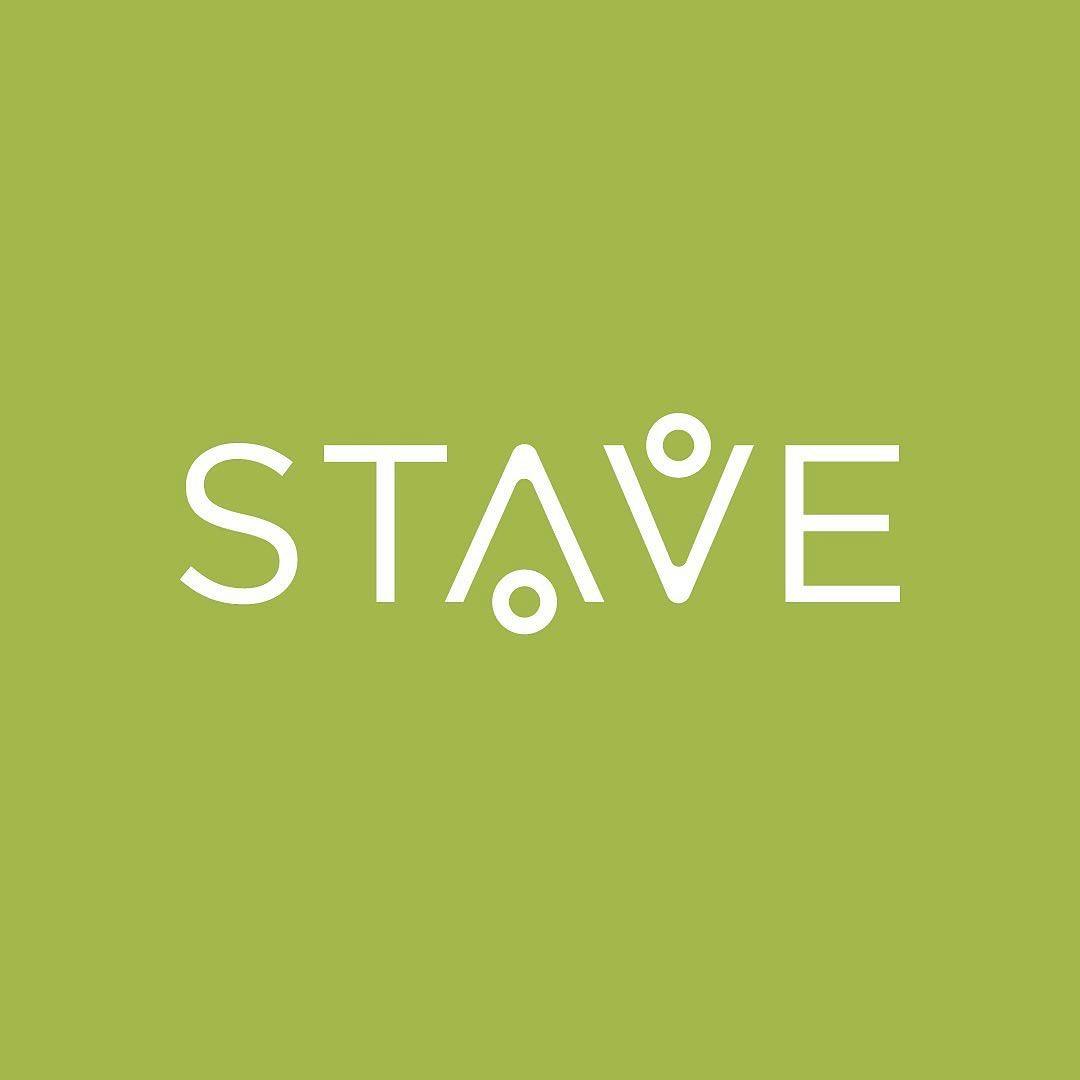
Named for the panels of the barrel, called staves, used in aging alcohol, Stave School has been on Veira’s mind for years. “Doing the school was more what I was on track to do pre-COVID,” she says, explaining that before the pandemic, her work as a freelancer kept her busy travelling to conferences and teaching. A certified spirits educator and hospitality consultant with the Wine & Spirit Education Trust (WSET), Veira was fully self-employed prior to the worldwide shutdowns caused by COVID-19. “I was on the path to do this school project but then COVID hit,” she says. “During the first lockdown, I was just figuring out what to do. … You can’t really do tasting exercises if you can’t taste and spit in the same room.”
In August, of 2020, Veira was invited by owners Josh and Emily LeBlanc to join Bar Mordecai as a partner. “I’d been out of bricks and mortars for a couple of years at that point but when Emily and Josh approached me it seemed like such a good opportunity.” Originally opened in January, 2020, Bar Mordecai had only weeks to find its footing before lockdowns closed its doors. For Veira, the experience was both stressful and stirring. “Mordy was really new at that point (during the first lockdown). It was almost like we had multiple openings, through pivots, re-openings, etc.” Beyond working tirelessly to keep the bar afloat, Veira continued her work in education— this time online — during the city’s closures. She led one series aimed at helping leaders in the industry reopen their spaces safely and ethically. Another, a monthly Zoom chat coined “In My Feelings,” invited her peers to chat, honestly and frankly, about the current climate and the storm of emotions they were feeling.
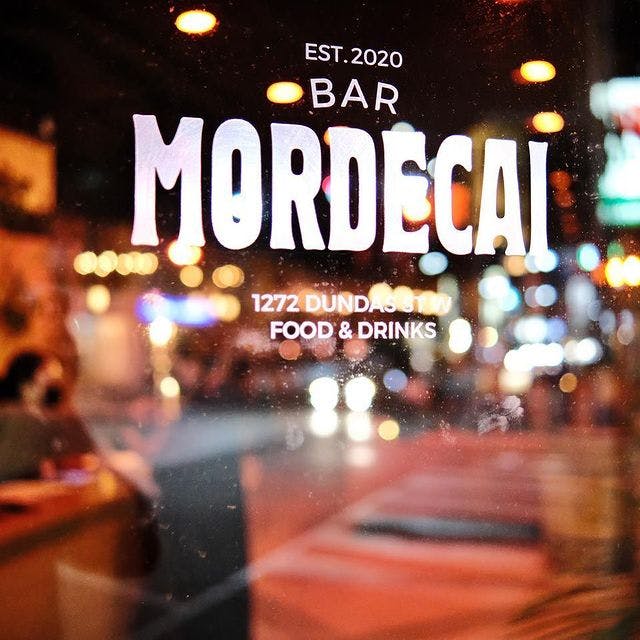
"The part of hospitality that has given me the most joy, was when I was able to realize there was this whole part around education and community engagement,” says Veira. “Most of the good things that have happened to me in my career in the last bit, including awards and things, have come from being in that space.” Now busier and more popular than ever, Bar Mordecai is doing well enough for Veira to look for new ways to fill her few idle hours. “Life feels less on fire, the bar feeling less on fire. … In hospitality, you’re getting closer to that point where you can breathe. So it’s like: ‘What do I want to do that’s out of survival mode?’ And I kept going back to Stave School.”
Describing the school, Veira emphasizes the novel approach she plans to take. Stave will be more accessible and more global in its teachings than its counterparts, with an emphasis on empowerment, inclusivity and practicality. The school, “will offer certifications through WSET,” she says, yet designed in new ways. “One thing I noticed, kind of across how these schools are structured, is they often haven’t really caught up to how people learn and how people even spend money.” Stave will offer flexibility when it comes to payment programs, and Veira is determined to present information in a less dry, less serious manner. Traditionally, she says, “it’s almost like there’s no soul to how you do it.” She continues, “often these certifications for certain styles of hospitality professionals are important for them just to get jobs. …You do it to get this thing so you can apply to that job. It’s a transaction.” The plan, says Veira, is for her students to get much more from their time at Stave than a mere piece of paper.
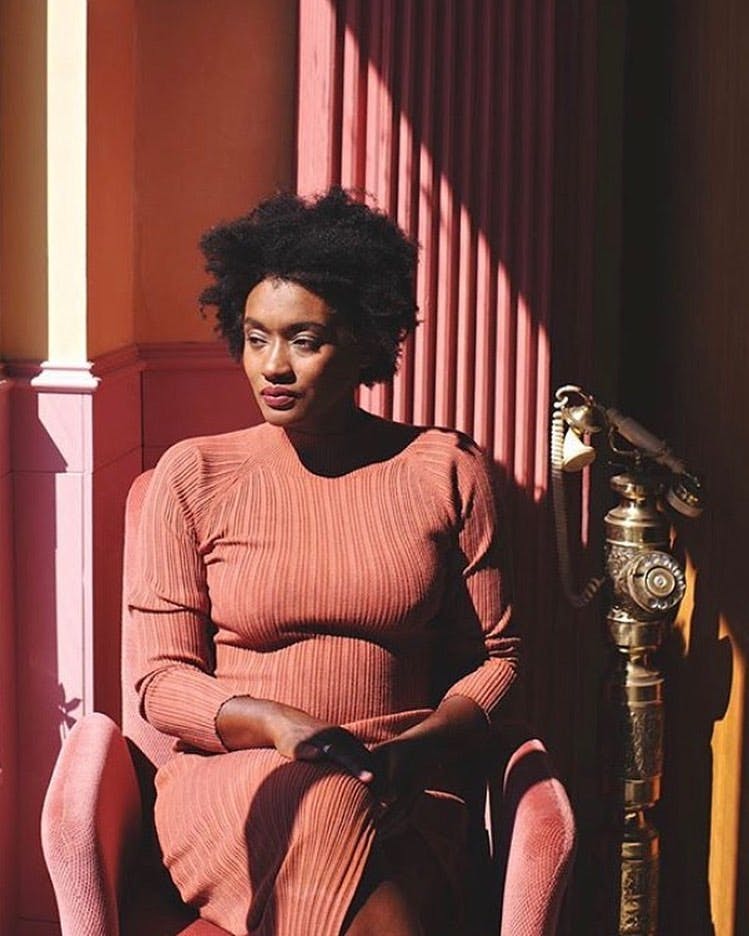
Though teaching a Western approach is the norm, Veira’s classes will venture into other territory, giving students a wider breadth of knowledge that includes international methods and customs alongside what’s generally learned. "I find that a lot of spirits education, wine education, beer education, is very rooted in Western, specifically European, methods and traditions as being the archetype, as being the ‘right’ method, and other methods as being almost like alternatives,” she explains. “This doesn’t do a service to people who are learning.”
Beyond certifications, other classes offered at Stave School will provide practical, real-world training to hospitality professionals. “I want to offer programming that is designed to help hospitality professionals beyond, say, product knowledge. That could be anything from first aid training to classes on how to be great at Google Suite,” she says. “There’s a whole slew of roles and responsibilities and tasks that you have in hospitality that usually get thrown on you. Then what you tend to have, and contributes to burn-out, is that gap.” As Veira explains, “it’s a pretty steep learning curve and there aren’t a lot of supports. Most of the people who could potentially train or mentor you haven’t had those trainings either.” Training industry professionals in these, and other so-called “soft skills,” is an opportunity for Veira to improve hospitality from the ground up. “When we’re talking about a career, and a whole industry, that very much relies on inter-personal relationships, it’s almost a joke to say that those are soft skills. They’re completely necessary for the success of yourself and any business. …People don’t usually leave bad reviews if they’ve felt cared for, even if things weren’t perfect.”
On the consumer side, Veira will also offer guided tastings and classes. An upgrade on what she feels are often staid, boring and even condescending, Veira’s classes will be designed to empower students to learn more about categories as a whole, and not just about particular bottles. “The more you come to learn about spirits, you become so aware that it’s so intertwined with the histories and cultures of the people where it comes from,” she says. Beyond merely hearing about specific brands, “you’re going to learn a bit about the history. You’re going to understand what you’re tasting and how you can use it,” says Veira. “You’re going to leave being a much smarter person. And at the LCBO, you can continue to have that conversation.” The ultimate goal? To “help people get as excited about the range of spirits, and wines and beers the way I get excited about it,” she adds. “If people could understand a category better, they could start to make those really good, informed choices where they’re really excited.”
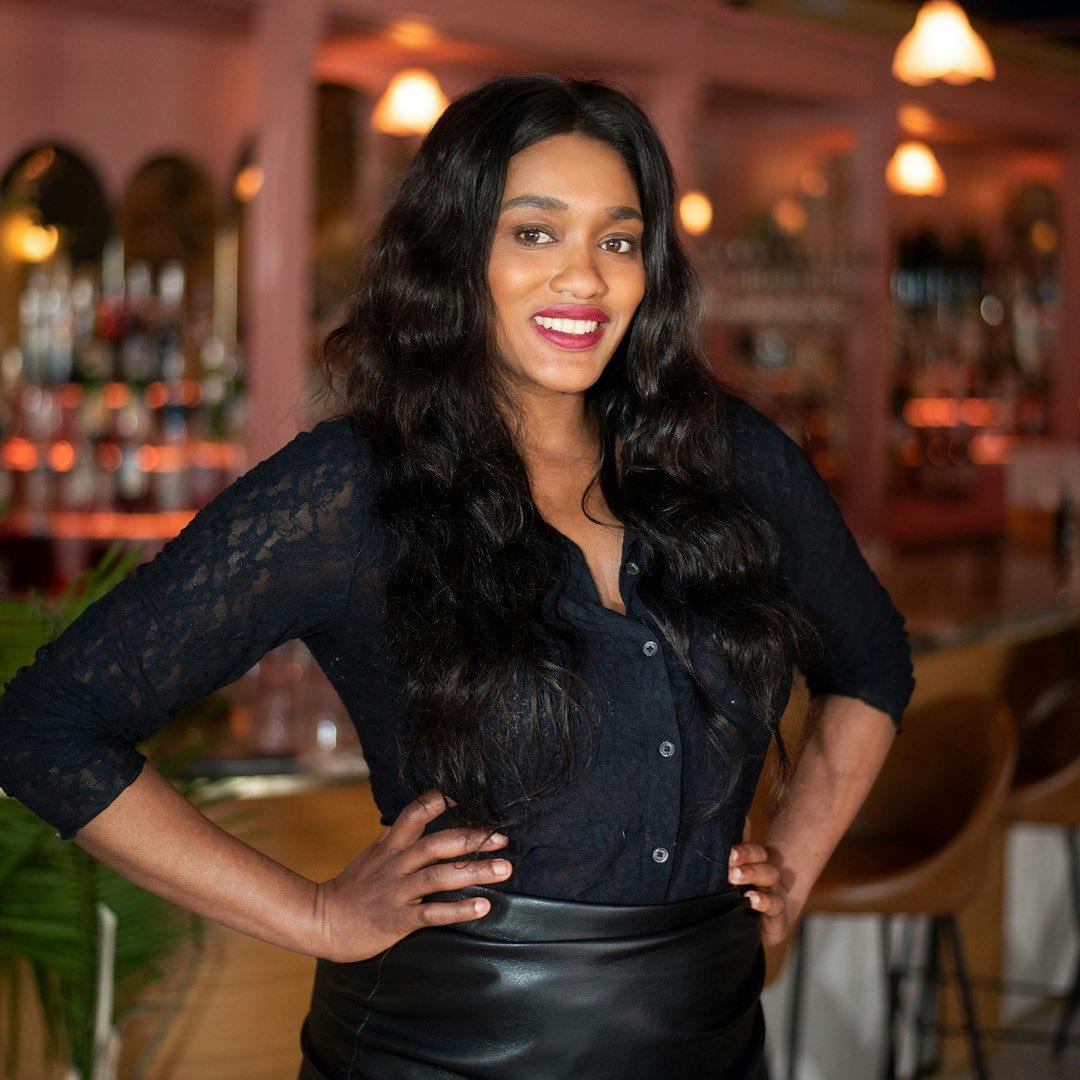
This past June, Veira was given the Roku Industry Icon Award 2022, by North America’s 50 Best Bars at a celebration in New York City. Shocked by the announcement, Veira says she was also flattered to be recognized by her peers. “Having so much of the last years being about survival and reaction mode, it’s hard to even comprehend that your actions might affect people and that people might be paying attention in a way that’s also positive,” she explains. Looking from the outside in, it’s not hard to believe that people have taken notice of Veira’s work and her persistent, deep-rooted desire to reform her industry, in ways big, and small.
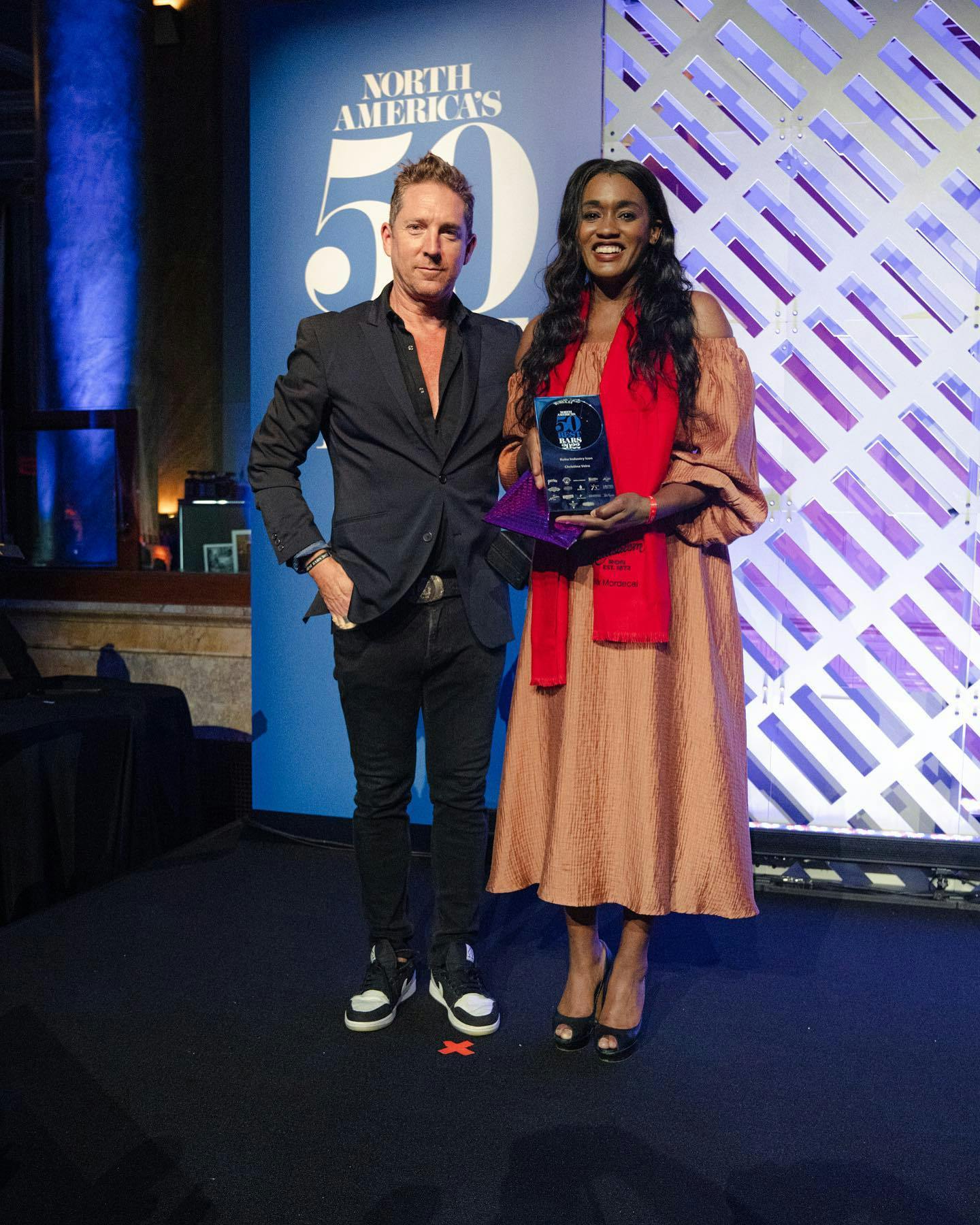
With Stave School, Veira’s work behind the scenes of hospitality will continue. And it couldn’t come at a better time. “There’s just such a thirst for change,” she explains. “Especially for people who are more on the margins, be it a woman or a person of colour in hospitality, we had every reason to leave the industry,” she adds. “I think the ones who stayed just really want it to be better.” And leading the way, is Veira herself. “The icon award is about how you’ve positively affected the industry as a whole. So that means a lot to me." Unsurprisingly, she adds, “I want to continue to be that. If anything, to be more of that.”










